Trauma Therapy
Trauma Therapy in Tucson
You’ve likely landed on this page to learn more about trauma therapy. Before we get into trauma therapy, let’s dig into the meaning of the word trauma. From it’s Greek, 17th century origins, the word trauma means wound. It wasn’t until the 1900’s that the word was applied to the psychological realm. Today, the word trauma is a buzz word, widely used and variably defined. The dictionary defines trauma in simple terms: a deeply distressing or disturbing experience.
There are several types of trauma including acute, chronic, complex, and secondary. Acute trauma describes the experience following a one-time event. The distress that occurs as the result of acute trauma is of short duration. Chronic trauma captures the effects of prolonged or repeated harmful events. Complex trauma is similar to chronic trauma but develops when traumatic events are experienced repeatedly and escape was not an option. Secondary trauma (or vicarious trauma) is the experience of repeatedly bearing witness to the traumatic experiences of others, which can lead to compassion fatigue. >> Read the full article from Psychology Today)
Acute trauma may resolve naturally with time, self-care, and social/relationship support. Chronic and complex trauma are usually best resolved through counseling, lifestyle changes, and, for some, through spiritual healing. Trauma therapy is a focused type of counseling, the equivalent of being referred to a specialist by your primary care physician. Find a trauma therapist at Joshua Tree.


Types of Trauma
Trauma can occur at any point in time from childhood to nursing homes:
- Childhood Abuse – sexual, physical, emotional, psychological, verbal
- Neglect
- Intimate Partner Violence
- Bullying
- Torture
- Serious Accident – car, fire
- Sexual Assault
- Physical Injury
- Medical Trauma
- War/Deployment
- Line of Duty Incidents
- Community Violence
- System Induced – removal and foster care placements
- Natural Disaster
- Sex Trafficking
- Violence
- Physical assault
- Home Invasion
- Fire
- Sudden death of a loved one
- Hospitalization
- Raised by a mentally ill parent
- Attachment Wounds – adoption, early separation, neglect/abuse by caregiver
- Spiritual/Religious Abuse
Indicators, Signs and Symptoms of Trauma
Symptoms of trauma can be cognitive, behavioral, physical, and psychological:
- Hypervigilance
- Elevated startle response
- Depression
- Anxiety
- Panic Attacks
- Irritability
- Difficulty concentrating
- Anger/rage
- Difficulty sleeping
- Insomnia
- Nightmares
- Flashbacks
- Avoidance of triggers
- Chunks of missing memories
- Emotional numbness
- Dissociation
- Guilt/shame
- Substance Abuse
- Risky Behaviors – sex, stealing, road rage
- Aches/Pains
- Gastric issues
- Isolation/withdrawal
- Confusion
- Mood swings
- Inattention/Absent-mindedness
- Problems at work or in relationships
After a traumatic experience, the human system of self-preservation seems to go onto permanent alert, as if the danger might return at any moment.”
― Judith Lewis Herman
What to Expect at Joshua Tree
At Joshua Tree, we believe there is healing and freedom from the bonds of trauma. Our trauma therapy specialist are trained in a variety of trauma models and integrate these into a unique blend based on your trauma history and desired outcome of trauma therapy. The Joshua Tree office was created with the trauma therapy client in mind – it is cozy and comfortable with soft music playing overhead; the pleasant scent of pure essential oils; natural light in every office; a recovery cove to retreat to after a difficult session so you can regroup before you leave; and comfortable furniture with unique décor, and endless pillows and blankets.

Trauma Models Commonly Used at Joshua Tree
Eye Movement Desensitization & Reprocessing (EMDR)
Deep Brain Reorienting (DBR)
Trauma Model Therapy (TMT)
Internal Family Systems (IFS)
Sensorimotor Psychotherapy
Neuroaffective Embodied Self-system Therapy (NEST)
Developmental Needs Meeting Strategy (DNMS)
Attachment Theory
Somatic Psychology
If you’re struggling with trauma, we want to help. Due to the demand for trauma therapy in Tucson, it’s not uncommon for our trauma specialists to have client waitlists. We encourage you to add yourself to the waitlist since things shift and change all the time on our counselor’s schedules. It is likely you’ll be able to get in sooner than you think, especially when you are persistent about checking in with us. If you’re willing and able to take cancellation spots, it’s really not that hard to get in, and then once you’re in you’re prioritized for a regular spot. Read more about our waitlist.


